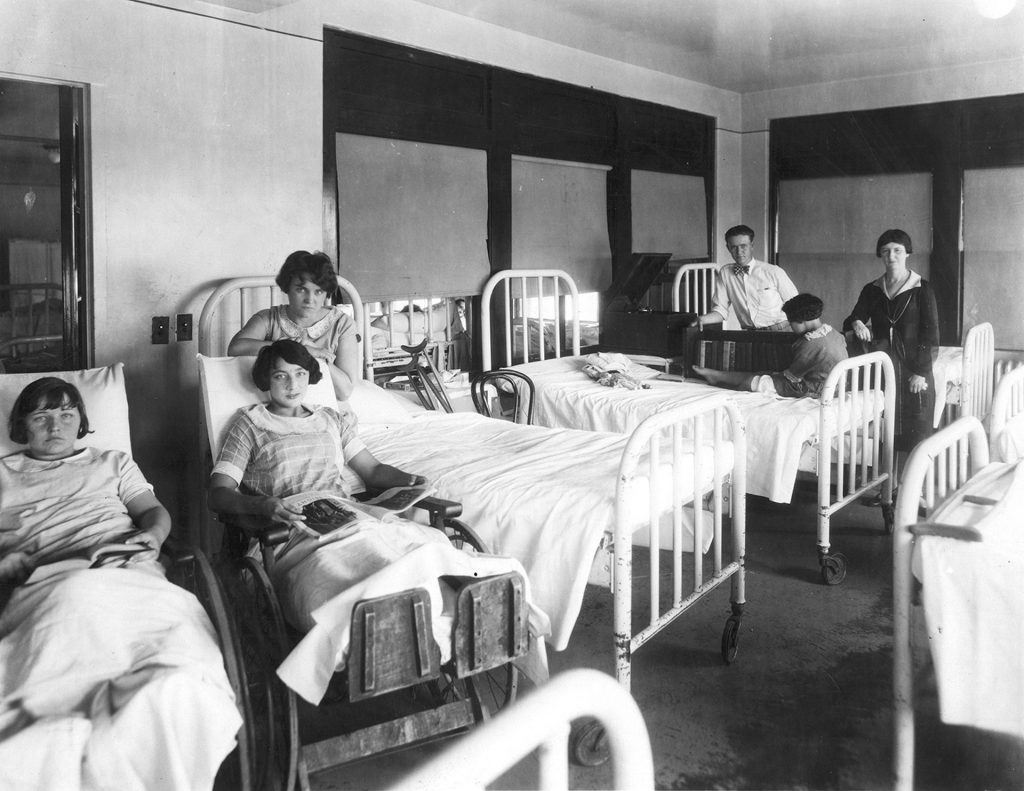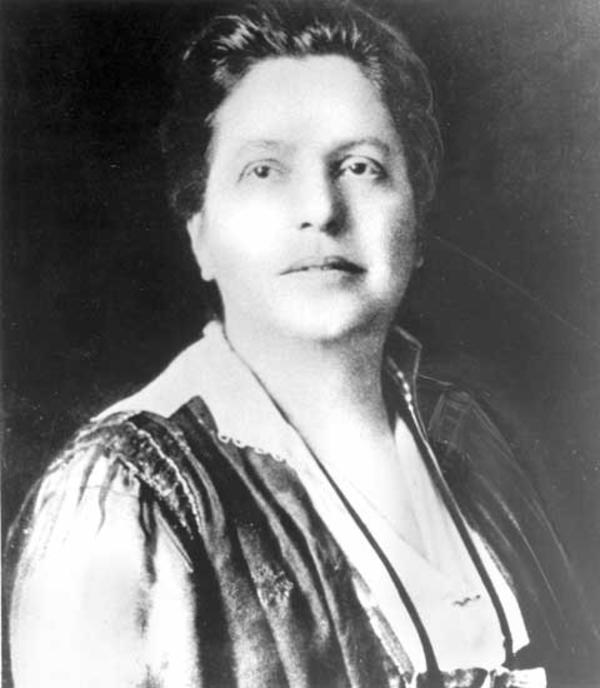
Is it normal? Hell no. Is it abnormal? Way beyond that. Well, then, what is it?
I don’t really know other than to say it’s massive.
Truer words were never spoken, written, thought, or felt. Day 35, October 12, 1918.
You can’t really know.
That’s the reality in Philadelphia when 837 people die today. Or when the city of Minneapolis shuts down schools for the first time because this fiendish illness seems to kill everyone in its path. Or when the local Red Cross in a small Wisconsin town has to decide whether to rely on flu masks made of three thicknesses of butter cloth or eight thicknesses of cheese cloth is the best barrier between life and death. Or when a city that famously likes to chart its own path has a newspaper, the Portland Oregonian, run this headline: “Portland Bows to Will of Nation” because widespread quarantining has commenced. Or when a company in a fabulously promising and innovative industry—moving pictures, or “movies”—has to close production and tell its employees to go home until the invisible danger passes in a community called Hollywood.
Some of those employees living in Hollywood read a new magazine named Variety, which circulates in this new movie industry, now publishing a new feature: “Epidemic Casualties.”
New. New. New. Isn’t that what life has become?
Speaking of reading, the staff of the sixteen library branches at Camp Mead, Maryland—a place ravaged by influenza—notice a trend in the books checked out by soldiers and civilians. Nine months ago two of every three books loaned out were nonfiction and of a more serious nature. Now, today, three of every four books loaned out are “light and entertaining.” Also on this day at Meade three new stenographers start work because “anxious parents” are flooding camp offices with telegrams inquiring about their sons.
They won’t answer back with the truth—that the sons are terrified and trying every way they can to distract themselves from reality, including with silly readings.
But yet, more hopefully, every hour someone steps up, someone comes forth to tackle life head-on, trying what they can, doing what they must.
In New York City today, in the neighborhoods where some of the most impoverished and marginalized recent immigrants live, Lillian Wald confirms her viewpoint. Time to act. Immediate.
She’s 51 years old, a native of Cincinnati, second-generation Jewish, and founder of, essentially, a new profession, occupation, and calling. Working with an influential Jewish leader named Jacob Schiff, Wald had launched the project Henry Street Settlement where immigrant families receive healthcare, job training, language skills, family counseling, cultural education, and more. She is kind, fearless, generous, broad-minded, and doesn’t care about personal glory or fame. Wald decides today to organize the city’s sprawling collection of community activists, and philanthropic donors, and healthcare providers. True to her spirit, Wald opens the door wide on the medical side: “We want women, whether or not they have had any training in the care of the sick. The only qualifications are willingness and courage.”
One of the people who pays attention to Wald’s work is President Woodrow Wilson. But he’s not thinking of her now. He has finished reading a second diplomatic note from the German government. The note confirms acceptance of Wilson’s speech earlier in 1918 as the framework for ending the World War. The note’s final words include an interesting assertion by its author, Chancellor Max von Baden: “The Chancellor…speaks in the name of the German government and of the German people.”
On this 35th day, a corporal in the German Army, Adolf Hitler, disagrees with the Chancellor.
A thought for you on Day 35, April 16, 2020, thirty-five days after President Trump declares Covid-19 a national emergency—the extent of the new. You know one thing for certain. Some of the old is gone, supplanted and washed away. Influenza has wiped out and pushed back that set of things which existed before its outbreak and onset. It’s shocking, surprising, and painful. And you’re left waiting for the rest of the new to follow along. But it’s possible, indeed probable, that the new won’t overwhelm everything. Some of the things that were there before the new will be there again. They will continue. They will remain. It will even feel like they have returned. The unknown is the balance struck of the change (new) and continuity (old) and the timing at which the balance asserts itself. The new and the change, especially in such monumental form as Covid-19, will take on an appearance that seems total and irresistable. Not entirely so. It will recede and when it does, continuity remains, coexistent with the change that will not disappear. We just don’t know the extent of the new right now because change is still rushing in. In the midst of turmoil and upheaval, know this—the rush will slow and the balance between change and continuity will be refound and recast. Do what Lillian Wald did. She waded in as the waters swirled. She didn’t worry about knowing all of the depths or she could reduce its speed. She knew that people needed her and she was ready to help in ways few others could. That was her continuity as the change flowed on. And that would be part of the continuity when the change starts to ebb, leaving a boulder called Wald and a rock called you.

(note to reader—I invite you to subscribe to this series/blog. The purpose of my posting in this series is the purpose of my enterprise at Historical Solutions—to explore the past in a new way that brings new and different value to you, both in the present (this minute) and on the edge of the future (what’s ahead or forward of this minute). The past is everything before now, the totality of all time before the present; history is a set of very small slices of the past that, for a particular reason, have been remembered. If you wish to contact me privately, please do not hesitate to text or call 317-407-3687)







